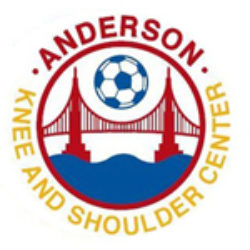In April, our annual meeting of the Arthroscopy Association of North America took place in San Francisco. This is the premier society for arthroscopic surgeons (I was the first woman admitted to the Association over 20 years ago). Approximately 2000 surgeons came and there are always new things to learn.
One of the common themes running through the weekend was that it takes much longer for a patients’ real function to improve than we tell them it will take for rotator repair. In other words, we should help our patients have realistic expectations for when they will be “all better”. We, as surgeons, tell our patients that after rotator cuff repair surgery, they are going to get better in four months or so. This IS true for day to day activities. I usually tell patients it will take 4-6 months to really feel like you have your shoulder back for day to day activities. This is because some patients get stiff postoperatively (if you are a middle aged female or have diabetes, for example, you have a higher risk for getting stiff- so you should work harder avoiding it) Others’ just sail through their rehab. EveryBODY is different. The consensus at the meeting is that we tell our patients shorter time periods for recovery, because our patients would freak out if they hear that it might be up to a year for all their strength, sporting activities and work function to be as close to normal as possible. I think it is always best to be as honest and clear as you can with a patient in terms of expectations> Although some surgeons act and may even think they ARE the well, ummm, god, we aren’t, and it is our responsibility help you have as realistic expectations as we can. I know I have lost a few patients to other surgeons for just that reason, just because of that, but I do sleep better at night.
In fact, it does take much longer for the shoulder to completely get back to as close to 100% as possible, because the tissues take a long time to mature, the muscles to strengthen and for the whole shoulder to work as a unit again. So, if you have had rotator cuff surgery, be patient, continue to do exercises, do not be discouraged, and keep in mind that your symptoms will get better up to at least a year if you keep working on your exercises.
-Lesley J. Anderson, MD
